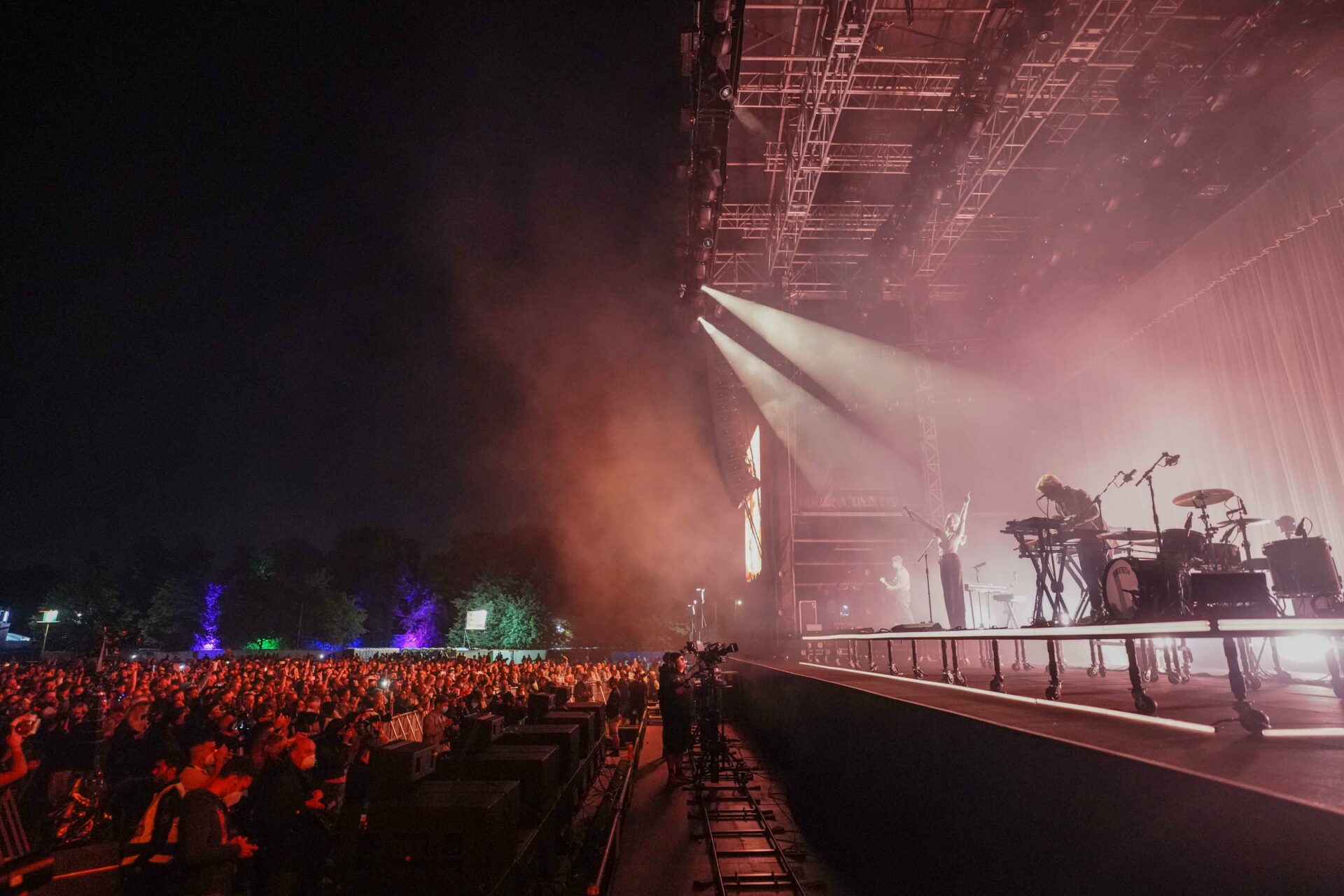UK music industry needs “critical support” to host 2022 festival season
Industry experts say that this summer won't be "business as usual" without government help

Industry experts have warned that the 2022 festival season in the UK will not be “business as usual” without “critical support” from the government.
After COVID-19 wiped out the entire festival season in 2020, last year saw a number of festivals return from mid-July as restrictions in the UK were dropped as cases fell.
A full festival season is currently planned this summer with no current restrictions in place, but Paul Reed, head of the Association of Independent Festivals (AIF) says that support is needed to avoid a “perfect storm” of disruptions across the summer.
Speaking ahead of the AIF Festival Congress, which takes place today (February 15) in Bristol, Reed said that though the country “may be emerging from the shadow of the pandemic, this year will not be a case of ‘back to business as usual’ without critical support for festival organisers”.
He added: “We are facing a perfect storm in many ways. I’ve spoken with many [festival organisers] in the last few weeks about supply chains, loss of skilled workforce, 20-30 per cent increase in costs across the board and a government-backed insurance scheme that isn’t simply isn’t fit for purpose despite our best efforts.”

The insurance scheme he speaks of is a £750million fund, dubbed the Live Events Reinsurance Scheme, which sees the UK government partnering with Lloyd’s Bank to act as a “reinsurer,” protecting events from losses incurred by potential cancellations.
Reed said: “The UK festival industry is a powerhouse, contributing £1.76billion in GVA to the UK economy and supporting 85,000 jobs. The cultural and wellbeing benefits of festivals cannot be measured. We know they are profound, and the absence of festivals has been felt keenly by artists, the wider supply chain and of course audiences.
“AIF fought hard to represent the needs of independent festival operators during the course of the pandemic and made sure your voices were heard in the corridors of power. We will continue to do so during what is still a very challenging time.”
Upon its announcement last summer, concerns were raised after it was confirmed that the scheme “does not cover self-isolation” of touring musicians and their crew. Additionally, it doesn’t include “loss of revenue prompted by lower demand for tickets or venue capacity”.
Outlining the rules, the government wrote: “The scheme will cover a limited series, or run, of linked events, provided that the event organiser specifies which event dates from that limited series, or run, require cover and how much cover they are purchasing for each.”
Reed explained that 58 per cent of AIF members were “not likely” to pursue a quote, with just five per cent saying it was “very likely”. Twenty-one per cent of those surveyed selected “likely” while the remainder said they were “unsure”.
“That isn’t indicative that the scheme is going to be widely used by the sector,” he said. “At the moment, you can’t obtain actual quotes, so that’s another issue. Until this is properly in play, we won’t know the full extent of these issues and whether it is a viable scheme or not. So they need to get on with it and get it in a position where it can be rolled out properly.”
